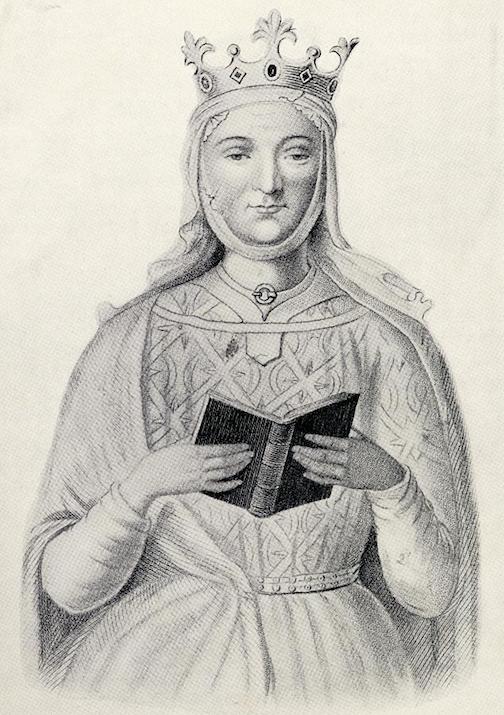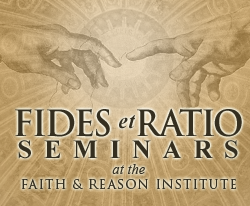Power without Piety
Historians agree, generally, that Eleanor of Aquitaine (1122-1204) was extraordinary but disagree, specifically, about what made her remarkable. Some declare that around this great lady coalesced the principles of chivalry and courtly love. Others maintain that nobleness was a stranger to her houses and courts and that the tales of valiant knights and fair ladies are woolgathering.
 Eleanor was first a queen of France and then of England. She was mother to ten children (two in her first marriage to Louis VII of France, then eight with England’s Henry II). Among those she bore to Henry were kings Richard the Lionheart and John – characters known well from such films as The Adventures of Robin Hood(1938) and The Lion in Winter(1968). That latter film (for which Kate Hepburn won an Oscar) correctly notes that Henry imprisoned Eleanor for sixteen years after she supported an insurrection by his own sons.
Eleanor was first a queen of France and then of England. She was mother to ten children (two in her first marriage to Louis VII of France, then eight with England’s Henry II). Among those she bore to Henry were kings Richard the Lionheart and John – characters known well from such films as The Adventures of Robin Hood(1938) and The Lion in Winter(1968). That latter film (for which Kate Hepburn won an Oscar) correctly notes that Henry imprisoned Eleanor for sixteen years after she supported an insurrection by his own sons.
In Eleanor’s day, the people of Aquitaine were as Spanish as French. Indeed, they were part Basque, a people who still covet their separate identity. Her native language was Occitan, also called Langue d’Oc – “oc” being the dialect word for “yes.” In Southwestern France today, some provincial writers employ Occitan or a modern version of it, Provençal (common, in several dialects, to all of Southern France). The area is still referred to as Languedoc, especially when referring to the region’s wines. In her day, the duchy comprised all of the southwest from Poitiers through Bordeaux to Lourdes and the Spanish border.
We know Eleanor was beautiful because troubadours who came to her court wrote songs fairly swooning over her loveliness.
Click here to read the rest of Mr. Miner’s column at The Catholic Thing . . .



